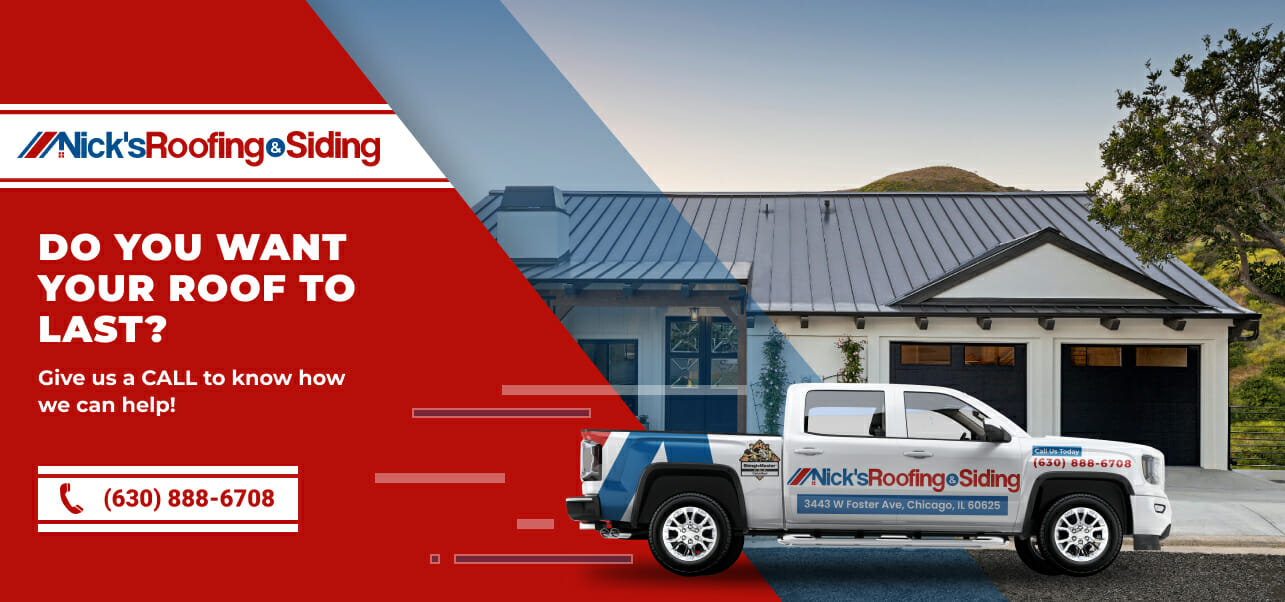Breaking it Down: Decoding the Differences Between Commercial and Residential Roofing
When it comes to roof installations or repairs, whether for commercial or residential properties, there are a few key differences to take into consideration. Commercial and residential roofing not only differ in terms of their purpose and scale, but also in the materials used and the expertise required to complete the job. In this article, we will break down the distinctions between commercial and residential roofing, giving you a better understanding of what each entails.
The Distinction in Purpose and Scale
Commercial Roofing: Big Projects, Bigger Expectations
Commercial roofing refers to roofs installed on commercial structures such as office buildings, warehouses, shopping malls, and factories. These roofs are designed to cover a larger area, often spanning several floors. The purpose of commercial roofing is to provide protection for the building and its contents, as well as to ensure the comfort and safety of the occupants.
Commercial roofing materials:
Commercial roofs are typically made of durable materials that can withstand heavy foot traffic, extreme weather conditions, and the weight of HVAC equipment. Common materials used in commercial roofing include asphalt, metal, and single-ply membranes. These materials are chosen for their strength and longevity.
Commercial roofing contractors:
Due to the size and complexity of commercial roofing projects, it is important to hire experienced and qualified commercial roofing contractors. These contractors have the expertise and resources to handle large-scale installations and repairs. They are familiar with the unique requirements of commercial roofs and can ensure that the job is done efficiently and effectively.
Commercial roof installation:
Installing a commercial roof requires careful planning, precise measurements, and expert craftsmanship. Commercial roofs often have additional features such as drainage systems, rooftop units, and solar panels, which require specialized knowledge and skills to install properly. A commercial roof installation typically involves multiple layers of insulation and waterproofing materials to provide optimal protection and insulation.
Commercial roof repairs and maintenance:
Regular inspections, timely repairs, and ongoing maintenance are crucial for commercial roofs. Small issues like leaks or damaged flashing can quickly escalate and cause extensive damage to the building and its contents. Commercial roof repairs may require specialized equipment and techniques, and should be handled by professionals who are trained in commercial roofing systems.
Commercial roof lifespan:
The lifespan of a commercial roof depends on various factors, including the type of material used, the quality of installation, and the maintenance it receives. On average, a well-maintained commercial roof can last between 20 and 30 years. However, proactive maintenance and repairs can extend the lifespan of a commercial roof.
Residential Roofing: Sheltering Your Home and Loved Ones
Residential roofing, on the other hand, refers to roofs installed on houses, townhouses, condos, and other residential properties. Unlike commercial roofing, residential roofs are typically smaller in scale and serve the purpose of protecting the home and its occupants from the elements.
Residential roofing materials:
Residential roofs are commonly made of materials such as asphalt shingles, wood shakes, or clay tiles. The choice of roofing material for residential properties is often influenced by aesthetics, durability, and cost. Asphalt shingles are the most popular choice for residential roofing due to their versatility, affordability, and ease of installation.
Residential roofing contractors:
When it comes to residential roofing, it is important to find a contractor who specializes in residential projects. Residential roofing contractors have the expertise and experience to handle the unique challenges of residential roofs, such as working around chimneys, skylights, and dormers. They can also provide guidance on choosing the right materials and colors to enhance the curb appeal of your home.
Residential roof installation:
Residential roof installations are typically less complex compared to commercial projects. However, proper installation is still crucial to ensure the longevity and performance of the roof. Residential roof installations involve a series of steps, including removing the old roof, inspecting the underlying structure, applying underlayment and flashing, and finally installing the roofing material of choice.
Residential roof repairs and maintenance:
Regular maintenance and prompt repairs are essential for residential roofs to prevent leaks, water damage, and other issues. Residential roofs should be inspected at least once a year, especially after severe weather events. Repairs may involve replacing damaged shingles, fixing flashing, or addressing leaks. It is important to address any issues promptly to avoid costly repairs down the line.
Residential roof lifespan:
The lifespan of a residential roof can vary depending on factors such as the type of material used, climate conditions, and maintenance practices. On average, a well-maintained residential roof can last between 15 and 25 years. However, with proper care and regular inspections, some roofing materials can last even longer.
In Conclusion
Understanding the differences between commercial and residential roofing is essential for making informed decisions when it comes to installations, repairs, and maintenance. From the purpose and scale to the materials used and the expertise required, these two types of roofing have distinct characteristics that cater to the specific needs of commercial and residential properties. Whether you are a business owner in need of a sturdy commercial roof or a homeowner looking to protect your investment, it is crucial to work with experienced roofing professionals who can provide the expertise and quality craftsmanship required for your specific project.


